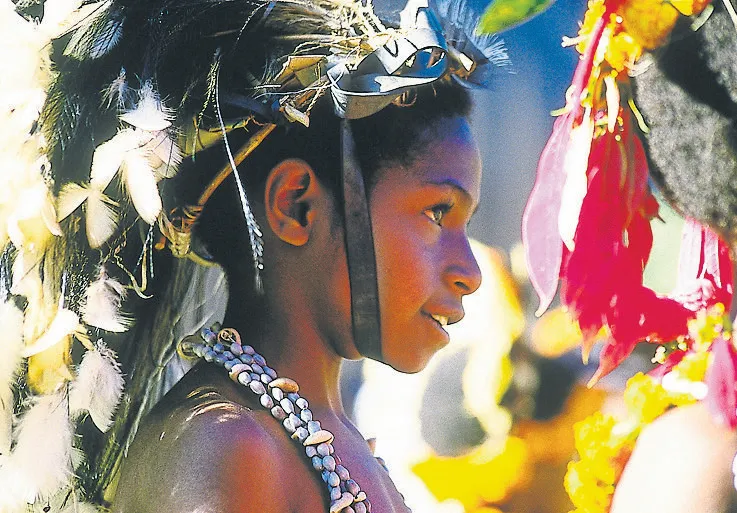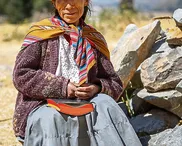In Bible translation, it’s not always obvious how something should be expressed in the local language.
Sometimes the word you need doesn’t exist. The local language may, for instance, have seven different words for potato, but no word for glory. So, what to do? Sometimes you can expand the meaning of a word that’s already part of the language, sometimes you need to introduce a new word, and at other times God has something else in mind and it’s been right under everyone’s nose all along.
The Umanakaina
Norwegian couple Sigmund and Ingjerd Evensen and their four children spent many years working with a people group in Papua New Guinea called the Umanakaina. This people group lived in an isolated village that had almost no contact with the outside world. There were no roads into the village and for many people there the Evensen family were the first white people they’d ever seen. But the Evensens came to be accepted by the people group and spent 17 years living among them, creating a written language and helping to make the Bible in the Umanakaina language become a reality.









Justin Welby, Easter and forgiveness: A gospel moment on Radio 5 Live
Monday morning isn’t where I usually expect to hear the gospel explained with vigour and vim. If I’m honest, I’m …